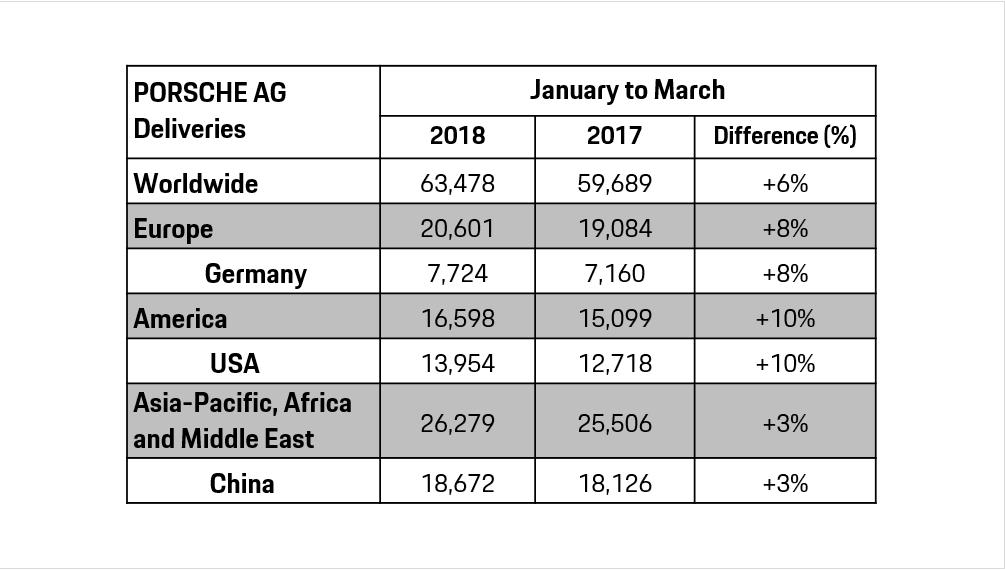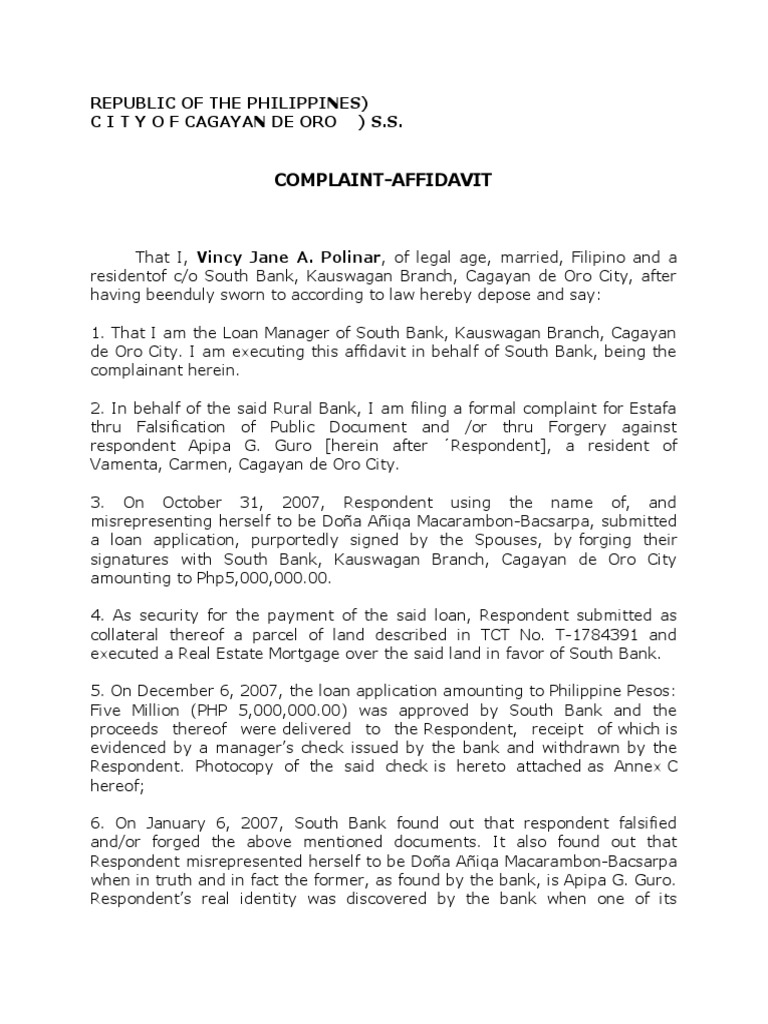BMW, Porsche, And The Complexities Of The Chinese Automotive Market

Table of Contents
The Allure and Challenges of the Chinese Luxury Car Market
China's burgeoning middle class, coupled with a cultural appreciation for status symbols, fuels a robust demand for luxury vehicles. Owning a premium car represents success and social standing, making the Chinese luxury car market exceptionally lucrative. However, this lucrative market presents considerable hurdles. Intense competition from both domestic and international brands creates a fiercely contested arena. High import tariffs inflate the price of imported vehicles, impacting profitability. Moreover, Chinese consumer preferences are constantly evolving, requiring brands to stay agile and adapt quickly. Finally, stringent emission regulations and a growing focus on sustainability are reshaping the market landscape.
- High growth potential, but also high risk: The market's size offers massive opportunities, but failure to adapt leads to significant losses.
- Need for localized strategies to succeed: A "one-size-fits-all" approach is doomed to fail; understanding local tastes is paramount.
- Understanding Chinese consumer behavior is paramount: Cultural nuances, buying habits, and digital engagement must be meticulously considered.
- Government regulations significantly impact market access and operations: Navigating licensing, import duties, and environmental standards is crucial.
BMW's Strategy in the Chinese Automotive Market
BMW has adopted a multifaceted strategy to conquer the Chinese automotive market. A key element is localized production, establishing manufacturing facilities within China to reduce costs and improve responsiveness to market demands. They've also forged strategic partnerships with local suppliers and dealers, leveraging existing networks to enhance distribution and customer service. Their marketing efforts are highly targeted, employing digital channels and social media to connect with younger, tech-savvy consumers.
- Successful models and their market performance in China: BMW's SUVs, particularly the X3 and X5, have proven exceptionally popular, aligning with Chinese preferences for spacious and versatile vehicles.
- Investment in local manufacturing facilities and R&D: This commitment demonstrates long-term commitment to the market and ensures quicker adaptation to changing demands.
- Digital marketing strategies employed in China: Leveraging platforms like WeChat and Weibo is crucial for reaching the target demographic.
- Adaptation of models and features to cater to Chinese preferences: Tailoring features like longer wheelbases for rear passenger comfort reflects an understanding of local needs.
Porsche's Approach to the Chinese Automotive Market
Porsche's strategy emphasizes brand exclusivity and heritage. While they also benefit from localized production, their focus remains on high-performance models that appeal to a specific segment of affluent Chinese consumers. Porsche cultivates a strong brand image, associating itself with luxury, performance, and sophisticated design. Their digital marketing efforts are carefully curated, maintaining a premium feel while engaging with potential customers online.
- Focus on specific high-performance models and their reception in China: The 911 and Cayenne remain highly sought-after, reflecting a preference for iconic and powerful vehicles.
- Emphasis on brand heritage and exclusivity: Maintaining a strong brand identity is essential in a market saturated with luxury competitors.
- Effective use of digital channels and social media marketing: Porsche maintains a strong online presence, engaging directly with Chinese customers.
- Strategies to overcome price sensitivity within the luxury segment: Porsche’s focus on exclusivity helps justify the premium pricing.
Future Trends and Predictions for BMW, Porsche, and the Chinese Automotive Market
The future of the Chinese automotive market hinges on several key trends. Growth in luxury vehicle sales is projected to continue, though at a potentially slower pace than previous years. The rise of electric vehicles (EVs) is undeniable, forcing established brands to invest heavily in electrification and battery technology. Autonomous driving technology will further reshape the industry, offering new functionalities and altering consumer expectations. Finally, the increasing emphasis on digitalization and connected car services necessitates a robust digital strategy.
- Growth potential of EVs and the strategies of BMW and Porsche to compete: Both manufacturers are investing heavily in electric models to capitalize on this growing market segment.
- The role of technology and innovation in shaping the future market: Technological advancements will be decisive in defining success in this competitive landscape.
- The changing preferences of Chinese consumers (sustainability, technology): Sustainability is increasingly important, driving demand for environmentally friendly vehicles.
- Predictions for market share and competition among luxury brands: Competition will remain fierce, with brands needing to offer innovative and appealing products to maintain their share.
Conclusion
The Chinese automotive market presents both significant opportunities and considerable challenges for luxury brands like BMW and Porsche. Success hinges on a deep understanding of local consumer preferences, effective localization strategies, and a commitment to innovation. The need to adapt to evolving consumer demands, stringent regulations, and technological advancements is paramount. Understanding the nuances of the Chinese automotive market is crucial for success. Further research into specific market segments and consumer behavior is essential for businesses looking to navigate this complex but lucrative landscape. Learn more about penetrating the Chinese automotive market by exploring further resources and industry analysis.

Featured Posts
-
 The Bundestag Elections And Their Impact On The German Dax
Apr 27, 2025
The Bundestag Elections And Their Impact On The German Dax
Apr 27, 2025 -
 Pfc Files Complaint Against Gensol Engineering For Falsified Documents
Apr 27, 2025
Pfc Files Complaint Against Gensol Engineering For Falsified Documents
Apr 27, 2025 -
 Celebrity Style Inspiration Ariana Grandes Hair And Tattoo Choices
Apr 27, 2025
Celebrity Style Inspiration Ariana Grandes Hair And Tattoo Choices
Apr 27, 2025 -
 Analysis Of Vaccine Studies Hhss Choice Of David Geier Sparks Debate
Apr 27, 2025
Analysis Of Vaccine Studies Hhss Choice Of David Geier Sparks Debate
Apr 27, 2025 -
 Real Time Analysis The Impact Of Reduced Canadian Travel On The American Economy
Apr 27, 2025
Real Time Analysis The Impact Of Reduced Canadian Travel On The American Economy
Apr 27, 2025
